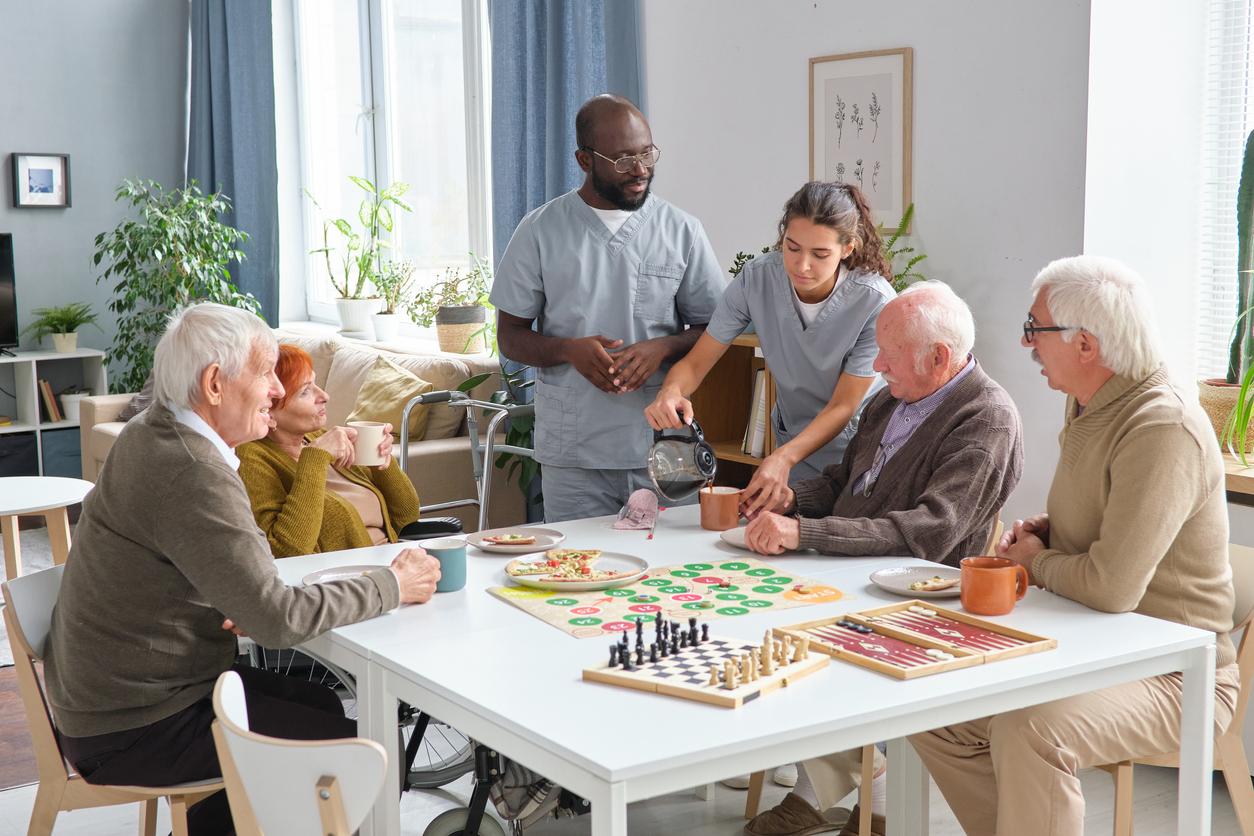Adherence to therapy is a major concern for the elderly. The Academy of Pharmacy advises the pharmacist to prepare the doses.

Forgetting to take medication, taking the medication twice… There are many problems with compliance in the elderly. To optimize their adherence to treatment, the National Academy of Pharmacy proposes, in a report, to increase the pharmacist’s “watchdog role” and to develop the preparation of doses to be administered (PDA).
An “obvious” help
80% of the elderly express their desire to stay at home, according to a report from the Observatory of the End of Life (ONFV). Among the dominant elements, the local pharmacist. A strong point on which we should build, according to this report, because these professionals are in the best position to identify a deterioration in the patient’s situation, in particular a refusal or abuse of the treatment. “The pharmacist can quickly understand that the patient no longer respects his prescription or takes his treatment in a confused way”, underline the authors of the report. They cite Switzerland as an example, where pharmacists can decide, in agreement with the patient, to carry out PDAs for a maximum of three months.
“The help that the PDA can provide is obvious,” say the authors of the report. Whether there is a deterioration in the patient’s condition or difficulty in following the entire treatment, the pharmacist must take on a “watchdog role” and advice.
This role is all the more important given that on average, the elderly consume 7 different drugs per day, which makes compliance difficult. This estimate is valid for elderly patients at home, but also those residing in residential facilities for dependent elderly people (EHPAD).
Optimize treatment
In order to optimize a transition to PDA, the Academy of Pharmacy is issuing several recommendations. It asks the public authorities to organize the exchange of information between health professionals while ensuring “patient access to this global service. ”
But the legal structure is not enough, it is also necessary to involve the various actors of the drug. Upstream, manufacturers should develop the unit presentation of drugs and dosages suitable for very elderly patients, as in Germany.
Pharmacists and doctors, for their part, are responsible for estimating the needs of elderly patients. When prescribed, the treatment must be optimized to promote good adherence. When dispensing, the pharmacist should not hesitate to offer the PDA to the patient.
However, attention must be maintained: it is up to the various caregivers to ensure that the right medication is administered, while maintaining vigilance “in the face of possible adverse effects.” This set of measures, if applied, would allow fewer hospitalizations for non-compliance, or even a decrease in the number of medications prescribed to an elderly person.
.

















